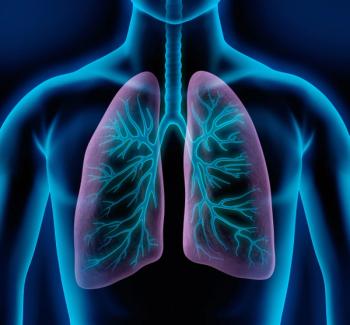
The investigators conducted the study to understand more about the influence of each predictive factor of mortality in chronic obstructive pulmonary disease (COPD), as rates of death from the pulmonary disease have risen worldwide.

The investigators conducted the study to understand more about the influence of each predictive factor of mortality in chronic obstructive pulmonary disease (COPD), as rates of death from the pulmonary disease have risen worldwide.
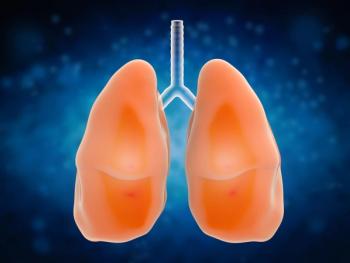
A trial of 2 doses of an inhaled glucocorticoid in a fixed-dose triple therapy for chronic obstructive pulmonary disease (COPD) appeared beneficial compared with 1 of 2 dual therapies.

Inhaled corticosteroids for patients with chronic obstructive pulmonary disease (COPD) may curb lung function decline, according to new research.
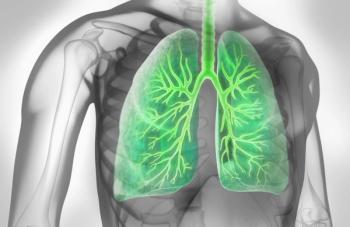
Regardless of smoking status, chronic obstructive pulmonary disease (COPD) is an independent risk factor for developing lung, colorectal, liver and other cancers in the Korean population, according to a study published in BMC Pulmonary Medicine.

Up to 30% of cases of dysanapsis, having a small airway-to-lung ratio, occur in people who have never smoked, while not having the condition could explain why some heavy smokers never develop chronic obstructive pulmonary disease (COPD).

The formulary covers over 22 million US lives.

Relying on one type of study often doesn’t paint the full picture of drug safety, efficacy, and economic and therapeutic benefits across the short and long term, the authors of the study wrote.
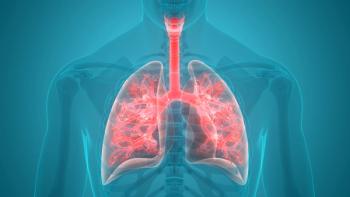
Danish investigators reviewed data of individuals prescribed inhaled corticosteroids (ICS) for chronic obstructive pulmonary disease (COPD) to compare characteristics of patients who have COPD alone with those who have COPD and concomitant asthma.

Pulmonary rehabilitation can offer many of the same ideas to patients that cognitive behavioral therapy (CBT) can, even inadvertently, the study authors said.
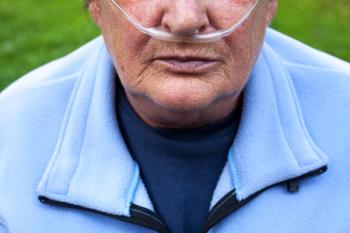
Exacerbations of patients with chronic obstructive pulmonary disorder (COPD) can be costly if they are frequent, and early detection programs for COPD may help offset these costs, according to research from 2 studies presented at the 2020 International Society for Pharmacoeconomics and Outcomes Research (ISPOR) virtual conference.

Chronic breathlessness not only affects patients with chronic obstructive pulmonary disease (COPD) but also their caregivers, who are mostly women, according to a recent review.

Although pulmonary rehabilitation for chronic obstructive pulmonary disease (COPD) is linked to better survival, a large study of fee-for-service (FFS) Medicare patients show it is underused, with less than 2% of those studied taking part in a 3-month program.

The patients selected for bronchoscopic lung volume reduction were younger compared with those who were not, the investigators said.

Treatment with fluticasone furoate/umeclidinium/vilanterol (FF/UMEC/VI) compared with FF/VI or UMEC/VI reduced exacerbation-related costs associated with chronic obstructive pulmonary disease (COPD) in the US healthcare system.

Compared with patients with low stress, patients with chronic obstructive pulmonary disease (COPD) and high stress had doubled odds of using acute care services, a new study found.

High-flow nasal therapy (HFNT), often used for stable patients, can reduce hospital readmission for acute exacerbations for chronic obstructive pulmonary disease (COPD).

Chronic obstructive pulmonary disease (COPD) is not an independent risk factor for metabolic disorders, according to a recent report.
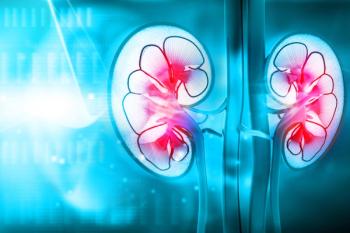
Prevention of acute kidney injury should be top of mind when discharging patients with chronic obstructive pulmonary disease (COPD) from the hospital, according to a recent study.

Over a 2-year study period, some patients with chronic obstructive pulmonary disease (COPD) were able to reverse or improve their frailty status, investigators found. The condition is present in close to one-third of patients with COPD.
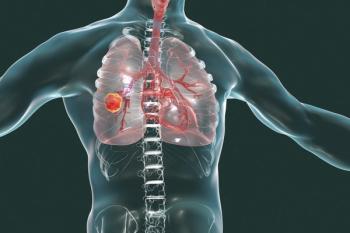
A large-scale study reports that patients with chronic obstructive pulmonary disease (COPD)—even if they never smoked—have a 2.6 times greater incidence of developing lung cancer compared with those who had neither COPD or a history of smoking.

Claims data analysis showed that 60% of patients with chronic obstructive pulmonary disease (COPD) receiving triple therapy had no evidence of exacerbation or only 1 exacerbation not resulting in hospitalization.

Thomas C. Corbridge, MD, FCCP, is a GSK medical expert and an emeritus physician and adjunct professor of medicine at Northwestern University, Feinberg School of Medicine in Chicago, Illinois. Dr. Corbridge received his medical degree from the University of Chicago Pritzker School of Medicine and has been in practice for over 30 years. Dr. Corbridge specializes in pulmonary and critical care medicine and is experienced in asthma, chronic obstructive pulmonary disease and general pulmonology.
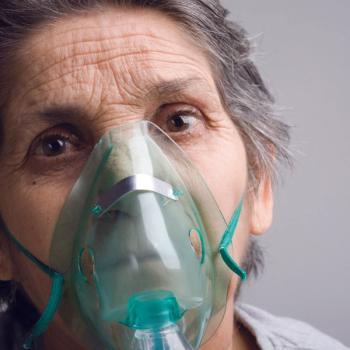
This study examined risk of exacerbation using a new predictive tool called COPD treatment ratio.
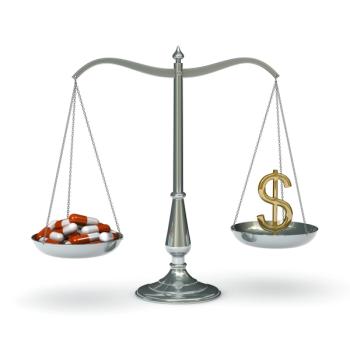
Chronic obstructive pulmonary disease (COPD) may incur huge medical expenses, resulting in a heavy socioeconomic burden. A recent study sought to predict the level of healthcare utilization resources.

Amazon has decided to suspend nonessential item shipments; study results show patients with chronic obstructive pulmonary disease (COPD) benefited from a fluticasone furoate/umeclidinium/vilanterol combination inhaler; disruptions from the coronavirus now extend to proposed mergers among industry giants.

259 Prospect Plains Rd, Bldg H
Cranbury, NJ 08512
© 2025 MJH Life Sciences®
All rights reserved.
